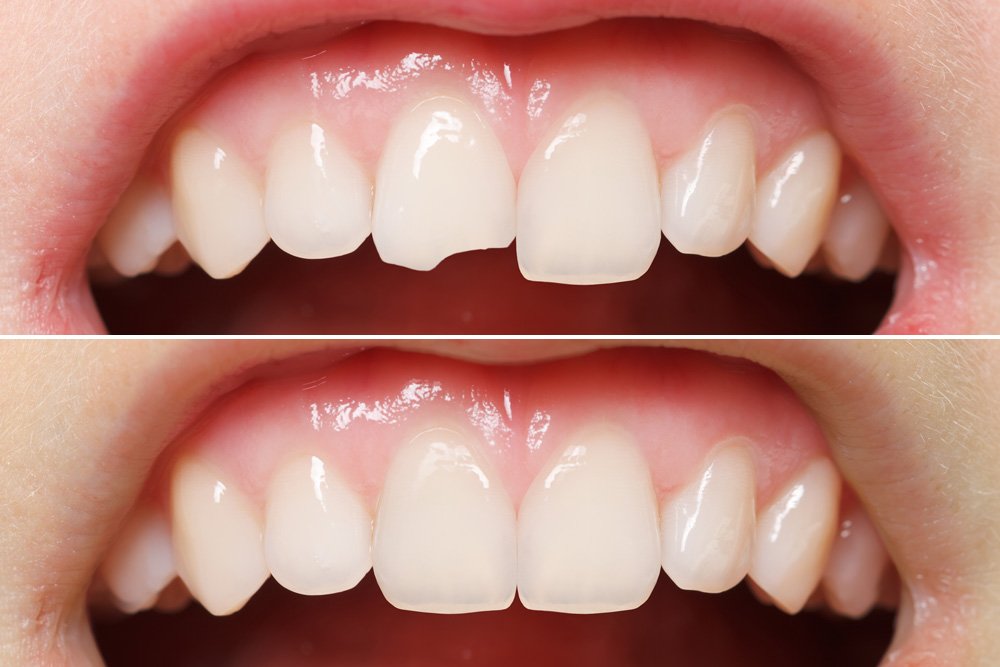
Dental injuries are common in childhood, especially during active play or sports.
A fractured or chipped tooth can be alarming for both children and parents, but with prompt treatment, it’s often possible to restore both function and appearance.
At Dental De Care, we specialize in pediatric fractured tooth restoration, ensuring your child receives immediate, compassionate, and lasting care.
Prompt treatment also reduces long-term orthodontic or restorative needs, ensuring healthy development of permanent teeth.
Each type requires a tailored approach to ensure comfort, function, and aesthetics.
Parents seeking a reliable pediatric dental care provider in Bangalore trust Dental De Care for both emergency and long-term care.
At Dental De Care, we recognize that dental injuries can be traumatic for children. We prioritize:
If your child has suffered a fractured or chipped tooth, don’t wait — prompt attention ensures the best chance of saving the tooth and preventing complications.
Dental De Care provides immediate and comprehensive care for pediatric dental emergencies at both our Indiranagar and Koramangala branches.
Prompt care may help preserve your child’s smile and support long-term oral health.
A fractured tooth can be distressing, but with prompt and appropriate treatment, you can restore your smile and oral health.
Explore our complete trauma care – Loose or Knocked Out Tooth Reimplantation and Cleft Lip & Palate Surgery
Hello